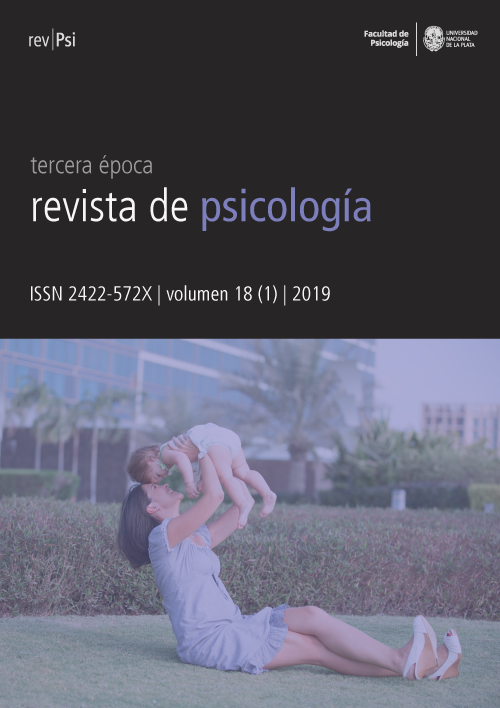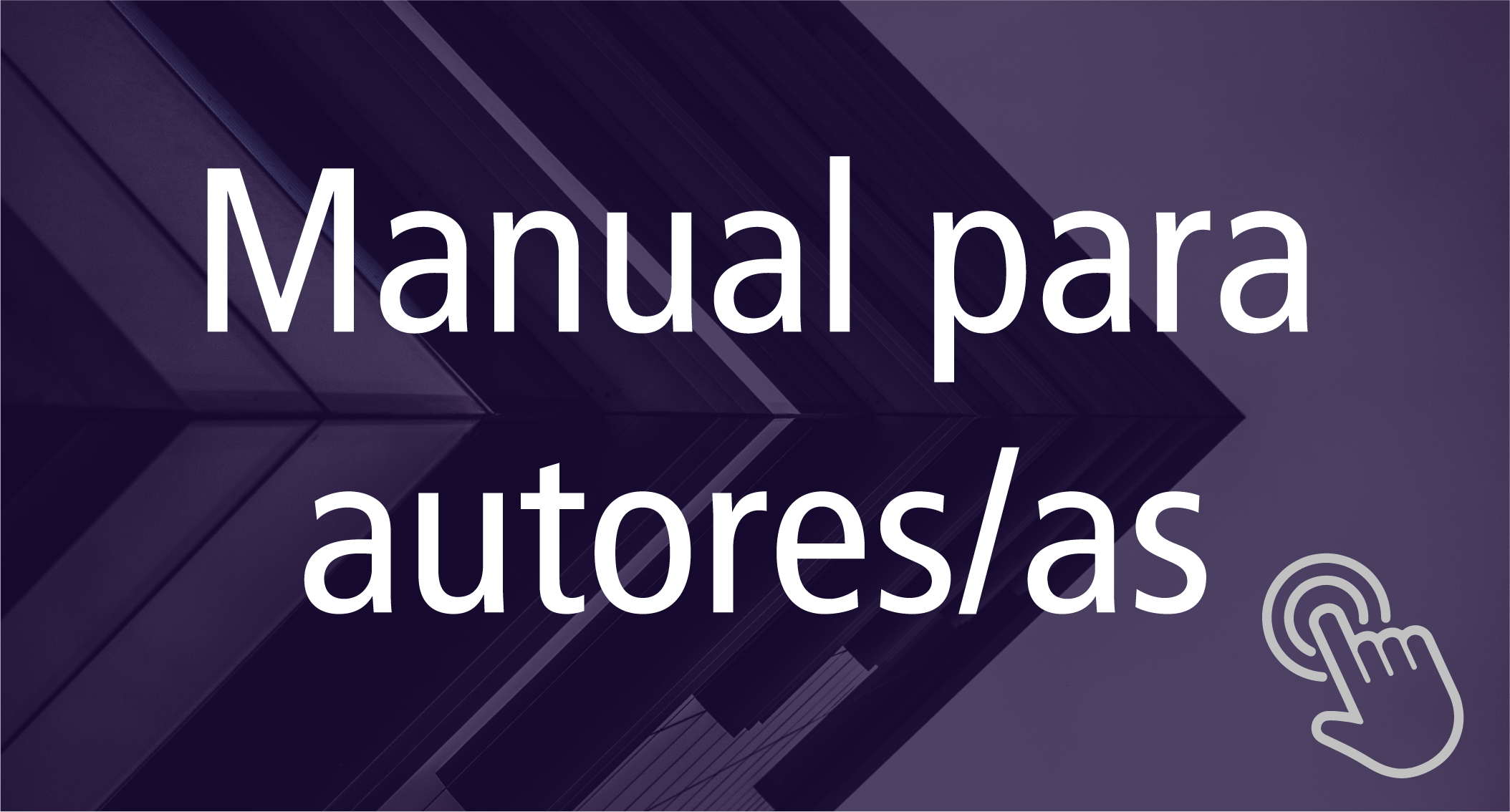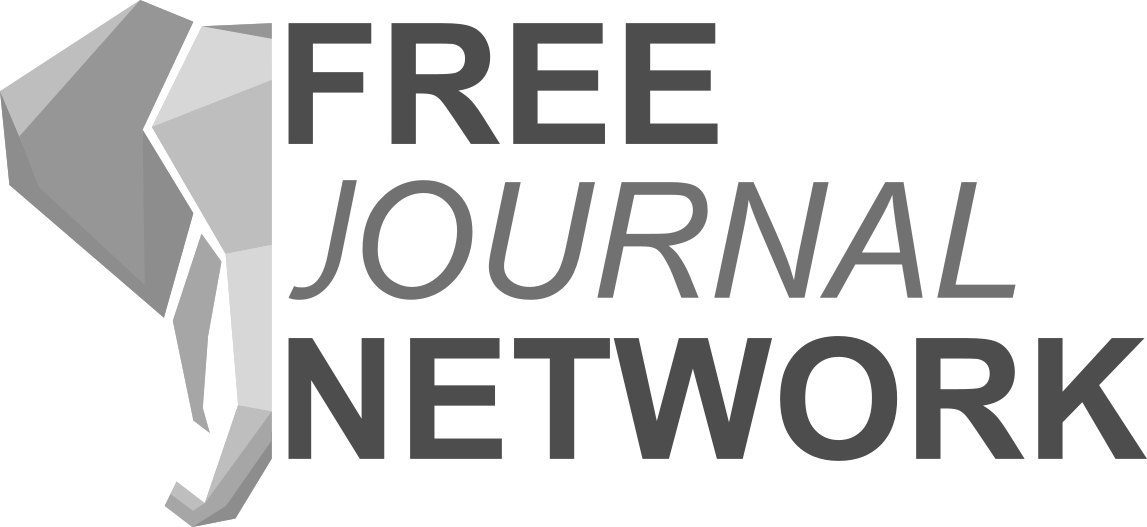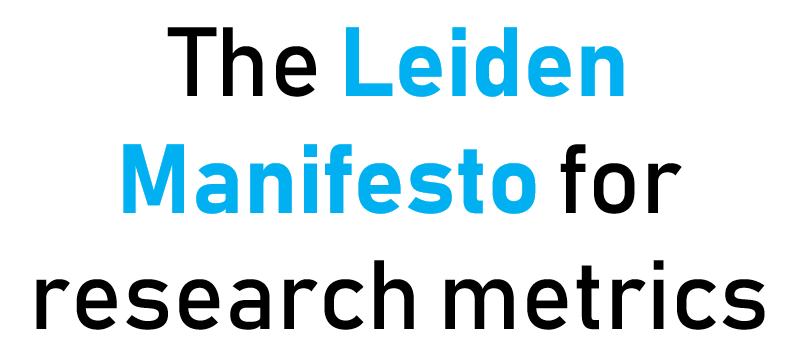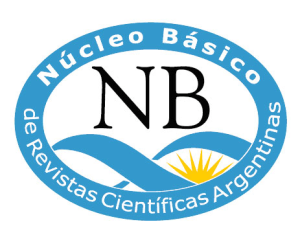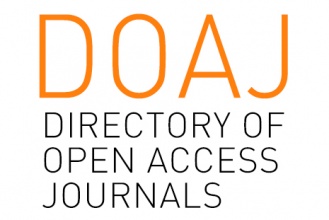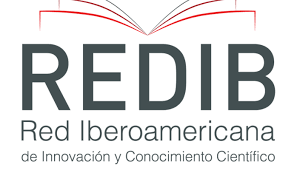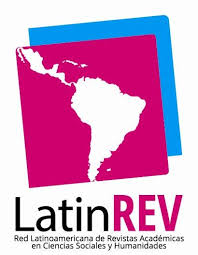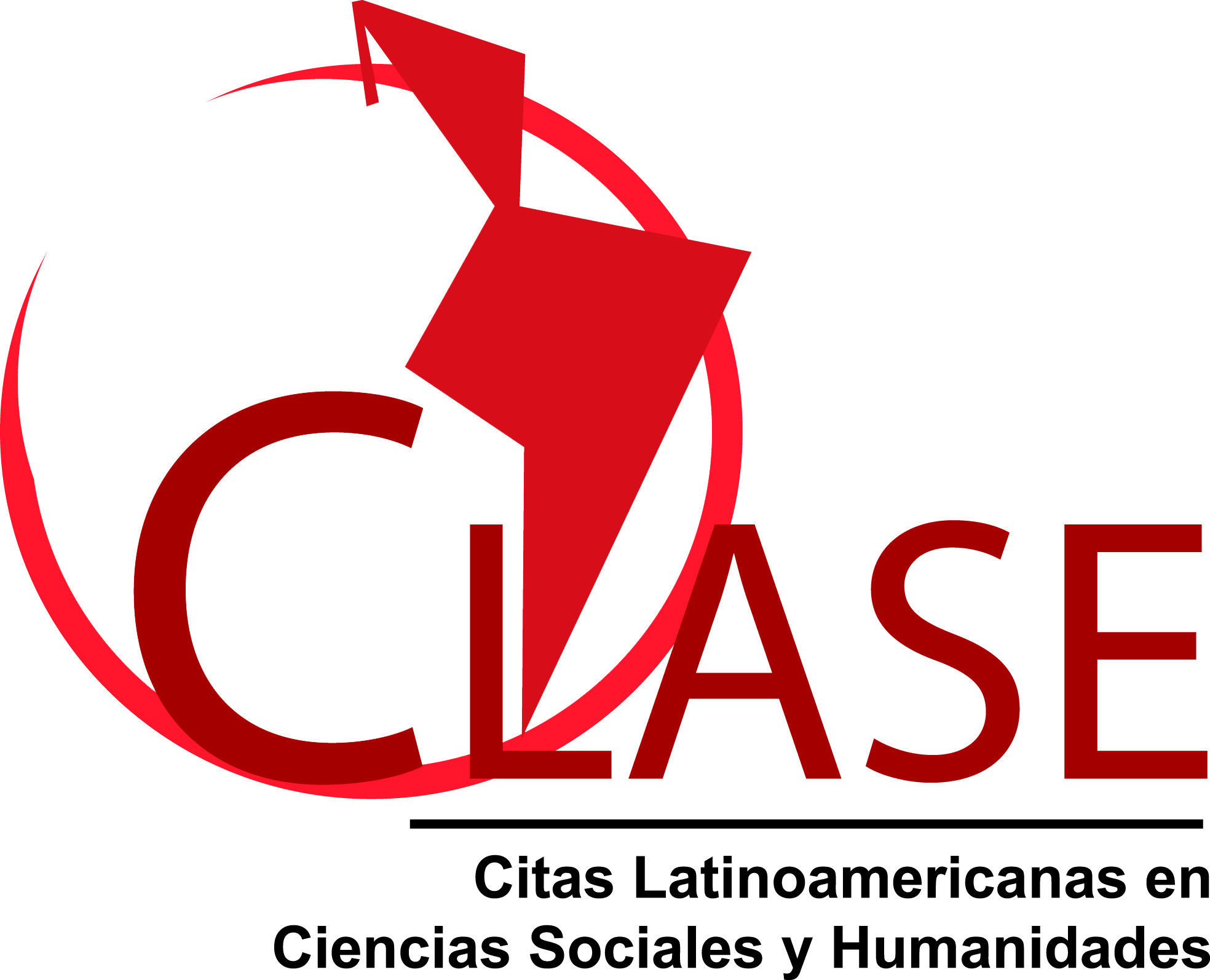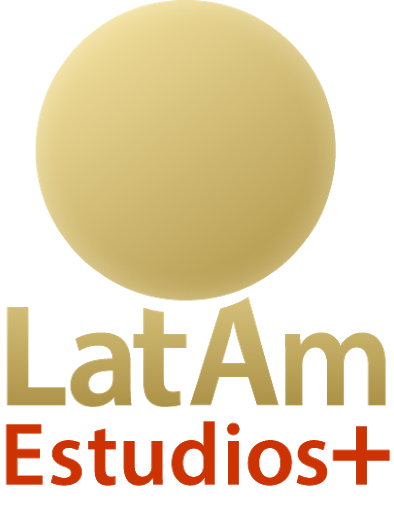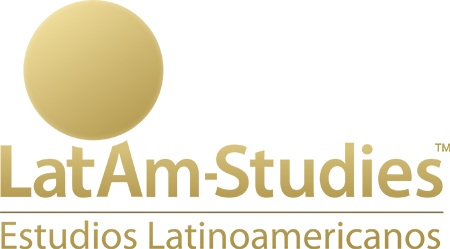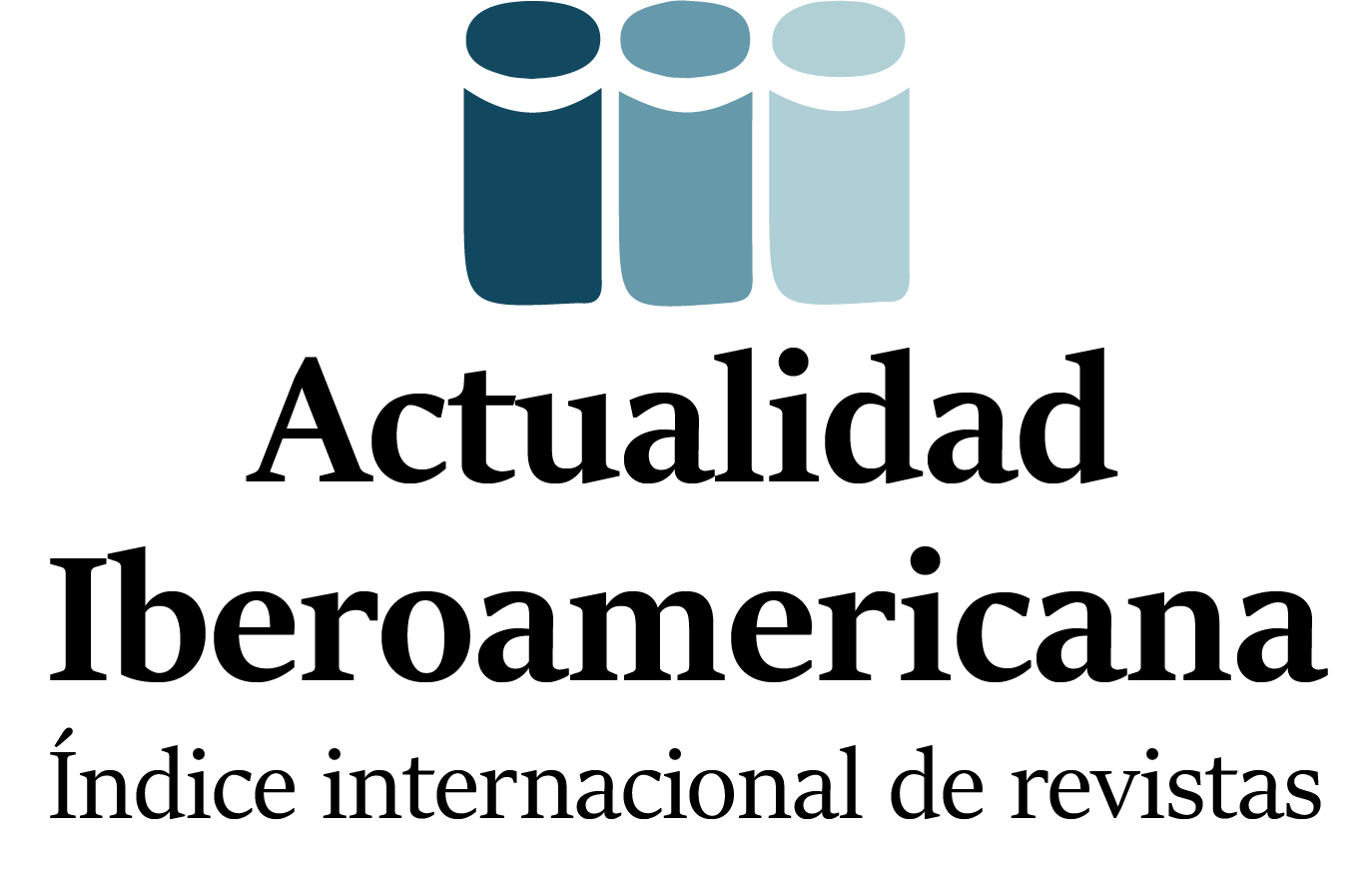De Lacan para Darwin
DOI:
https://doi.org/10.24215/2422572Xe029Palavras-chave:
psicanálise, psicologia evolutiva, Lacan, DarwinResumo
Este ensaio foi publicado em 2005 com o título "From Lacan to Darwin" no The Literary Animal. Evolution and the Nature of Narrative (pp. 38-55), editado por Jonathan Gottschall e David Sloan Wilson, na cidade de Evanston, pela Northwestern University Press. Joel J. Lorenzatti estava encarregado da tradução para o espanhol. O autor obteve da Universidade Northwestern Pressione a permissão correspondente, de natureza mundial não exclusiva, para o idioma espanhol, e para as versões impressa e eletrônica.
Copyright © 2005 by Notwhwestern University Press. Published 2005. All rights reserved.
Referências
Chomsky, N. (1956). Three models for the description of language. IRE Transactions on Information Theory, 2(3), 13-54. https://doi.org/10.1109/TIT.1956.1056813
Dennett, D. (1995). Darwin’s dangerous idea. New York / Londres: Simon & Schuster / Penguin.
Evans, D. (1996). An introductory dictionary of Lacanian psychoanalysis. Londres / New York: Routledge.
Evans, D. (1998). From Kantian ethics to mystical experience: an exploration of jouissance. En D. Nobus (Ed.) (pp. 1-28). Londres: Rebus Press.
Evans, D. (1999). Introducing evolutionary psychology. Londres / New York: Icon / Totem.
Gallup, G. G. (1970). Chimpanzees: self-recognition. Science, 167, 86-87. https://doi.org/10.1126/science.167.3914.86
Lacan, J. (1953). Some reflections on the ego. International Journal of Psycho-Analysis, 34, 11-17.
Lacan, J. (1972/1975). Le Séminaire: Livre XX. Encore. París: Seuil.
Lacan, J. (1953/1977). The function and field of speech and language in psychoanalysis. En A. Sheridan (Trans.), Écrits: A Selection (pp. 30-113). Londres: Tavistock.
Lacan, J. (1949/1977). The mirror stage as formative of the function of the I as revealed in psychoanalytic experience. En A. Sheridan (Trans.), Écrits: A Selection (pp. 8-29). Londres: Tavistock.
Lacan, J. (1953/1987). The Seminar: Book I. Freud’s Papers on Technique. 1953-1954. (J. Forrester, Trans.). Cambridge: Cambridge University Press.
Lacan, J. (1954/1988). The Seminar: Book II. The Ego in Freud’s Theory and in the Technique of Psychoanalysis. (S. Tomaselli, Trans.). Cambridge: Cambridge University Press.
Miller, G. (1956). The magical number seven, plus or minus two. Psychological Review, 63, 81-97. https://doi.org/10.1037/h0043158
Newell, A. y Simon, H. (1956). The logic theory machine. IRE Transactions on Information Theory, 2(3), 61-79. https://doi.org/10.1109/TIT.1956.1056797
Sokal, A. y Bricmont, A. (1998). Intellectual impostures. Londres: Profile Books.
Tooby, J. y Cosmides, L. (1992). The psychological foundations of culture. En J. H. Barkow, L. Cosmides, y J. Tooby (Eds.), The adapted mind: Evolutionary psychology and the generation of culture (pp. 19-137). Oxford: Oxford University Press.
Downloads
Publicado
Edição
Seção
Licença

Os autores que publicam neste periódico aceitam as seguintes condições:
- Autores mantém os direitos autorais e atribuir o direito de primeira publicação para a revista, com a obra registrada sob uma Licença de atribuição Creative Commons (CC-BY) , que permite que terceiros usem o que é publicado sempre que mencionarem a autoria do trabalho e a primeira publicação desta revista.
- Os autores podem fazer outros acordos contratuais independentes e adicionais para a distribuição não-exclusiva do artigo publicado na revista ESTA (por exemplo, incluí-lo em um repositório institucional ou publicá-lo em um livro), enquanto eles indicou claramente que o trabalho foi publicado pela primeira vez nesta revista.
- Autores são permitidos e encorajados a publicar seus trabalhos na Internet (por exemplo, em páginas institucionais ou individuais) antes e durante o processo de revisão e publicação, pois pode gerar alterações produtivas e maior e mais rápida difusão do trabalho publicado (ver The Effect of Open Access).

